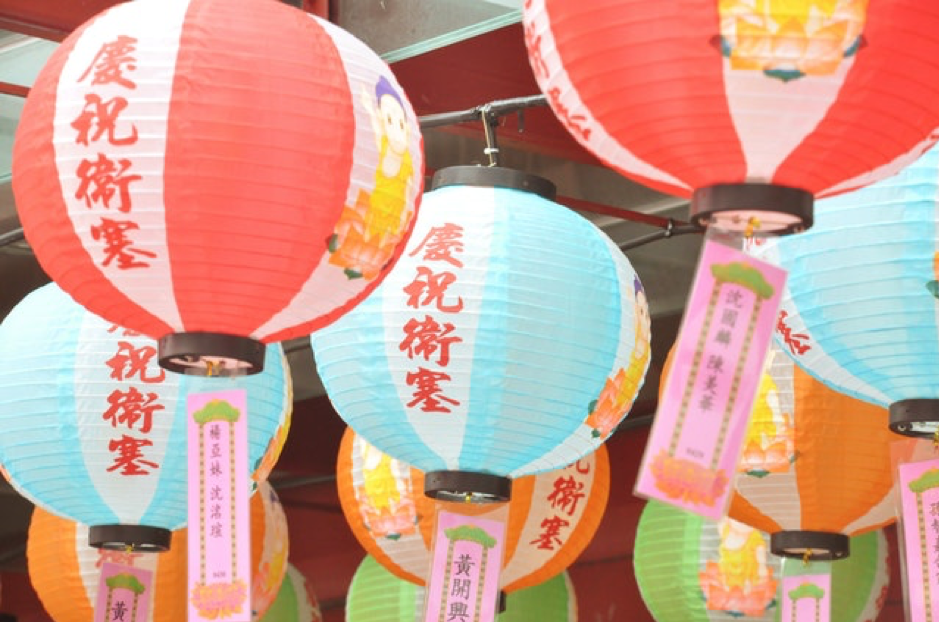
Chinese New Year is not only a festive occasion, but a time for families to get together, shower our loved ones with blessings of luck and prosperity, as well as start over anew. There are many traditions revolving around Chinese New Year. Some of them may seem ridiculous, some thought-provoking and some that we casually shun. However, what is the significance of some of them and how can you make the most of these traditions?
Cleaning
We may all be lazy to clean our rooms and tell ourselves we don’t have the time. But somehow, whenever a festive season or occasion approaches, we magically muster up the will to do a massive overhaul of our homes. However, on Chinese New Year day itself, it’s considered ‘taboo’ to sweep the house as it represents sweeping away the good luck. We’re not saying you shouldn’t clean your homes, but we suggest you do so a few days in advance, because that way, it would represent ‘sweeping away the bad luck’ instead!
Hair
Of course, we want to look fabulous and fresh for Chinese New Year. We would feel confident and our relatives would ‘wow’ at our reinvigorated look. However, a hairdo – or specifically, a haircut – too close to the actual date of Chinese New Year is akin to severing your luck and wealth. We suggest booking an appointment with your hairdresser a couple of weeks before Chinese New Year, so you can still look fresh for the occasion. Another similar rule is the ‘no washing of hair’ rule. Why? You’ve probably guessed it – because you’d be washing away all your fortune. However, this rule applies to Chinese New Year day itself, so don’t worry, you’d still be looking fresh in that new haircut.
Food
One of the most common foods you may come across during Chinese New Year is dumplings. In Chinese belief, they signify golden ingots – a form of currency used in the olden days. It’s believed that the more dumplings you consume, the wealthier you will become! Did you also know that the different stuffing in each dumpling hold their own ‘message’. For example, mushroom-stuffed dumplings allegedly boosts your luck, chicken stuffing represents wealth and vegetable ones for longevity. Also, Bak Kwa, the famous roasted pork sheet, represents prosperity, as well as warding of bad luck? This is mainly due to the redness of the meat, which is a central symbol during Chinese New Year. Each of the dishes prepared for the New Year has its own special significance, so you can forgive yourself and let loose when eating the wide array of goodies this Chinese New Year!
Before we leave you to the auspicious new year ahead, there’s one more cultural belief we would like to share with you. Apparently, staying up after midnight would usher in the good luck of Chinese New Year itself whilst chasing away the bad luck; essentially sending away the old and welcoming the new. It is believed that the longer we stay awake at night the longer our parents will live. Although a common practice amongst children, there’s no harm in staying up with them too! With that, we wish you a Happy and Prosperous Chinese New Year!
